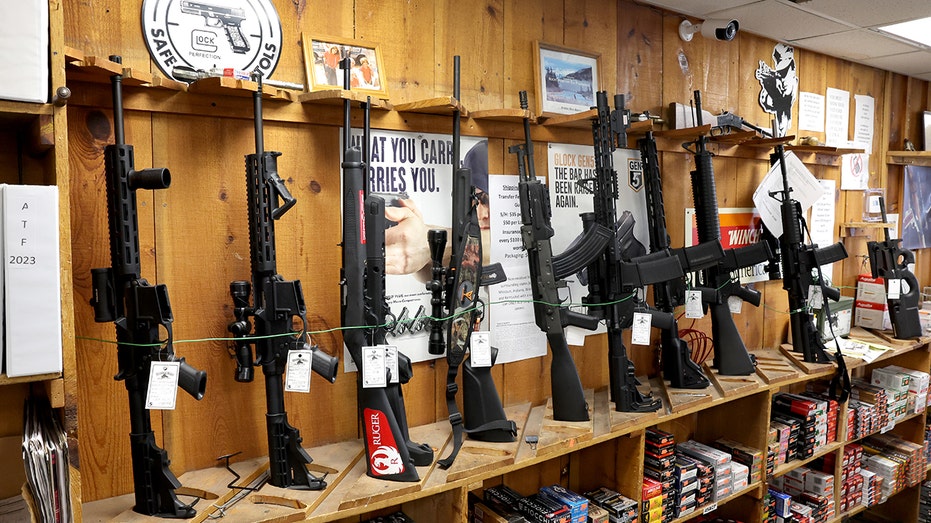The Supreme Court announced Tuesday that it will not yet review challenges to an Illinois ban on certain types of semi-automatic weapons, attachments and magazines, effectively leaving the law in place while lower courts decide the cases.
In its final order list before going on a summer recess, the Court denied petitions to hear six different cases over the so-called “assault weapons ban,” prompting a statement from Justice Clarence Thomas.
Thomas noted that the Supreme Court was presented the case after the Court of Appeals for the Seventh Circuit already rejected a request for a preliminary injunction against the law. That court held that the AR-15, among the most popular semi-automatic rifles in the country, does not enjoy Second Amendment protection.
“The Seventh Circuit’s decision illustrates why this Court must provide more guidance on which weapons the Second Amendment covers,” Thomas concluded, adding that “if the Seventh Circuit ultimately allows Illinois to ban America’s most common civilian rifle, we can – and should – review that decision once the cases reach a final judgment.”
SUPREME COURT UPHOLDS FEDERAL GUN BAN FOR THOSE UNDER DOMESTIC VIOLENCE RESTRAINING ORDERS
“The Court must not permit “the Seventh Circuit [to] relegat[e] the Second Amendment to a second-class right,” Thomas said.
The Illinois legislation came into effect following a 2022 mass shooting at the Highland Park Fourth of July Parade.
Hannah Hill, the executive director of the National Association for Gun Rights – which is one of the organizations challenging the Seventh Circuit’s decision – wrote on X following the announcement, “We will definitely be back.”
“But my heart breaks for the people of Illinois today,” she added. “Their rights have been denied by their own government and delayed by the Supreme Court, and the nation will suffer for today’s decision.”
OKLAHOMA MAN PRAISES GOD, US LAWMAKERS IN RETURN HOME AFTER AMMO ARREST IN TURKS AND CAICOS
Thomas said in his statement that the Supreme Court, in its ruling in District of Columbia v. Heller, “that the Second Amendment’s protection ‘extends, prima facie, to all instruments that constitute bearable arms, even those that were not in existence at the time of the founding.’”
“And, we noted that ‘the Second Amendment does not protect those weapons not typically possessed by law-abiding citizens for lawful purposes,’ recognizing ‘the historical tradition of prohibiting the carrying of dangerous and unusual weapons,’” he wrote.
“But, this minimal guidance is far from a comprehensive framework for evaluating restrictions on types of weapons, and it leaves open essential questions such as what makes a weapon ‘bearable,’ ‘dangerous,’ or ‘unusual,’” Thomas added.
“In my view, Illinois’ ban is ‘highly suspect because it broadly prohibits common semiautomatic firearms used for lawful purposes,” he ultimately concluded.
























